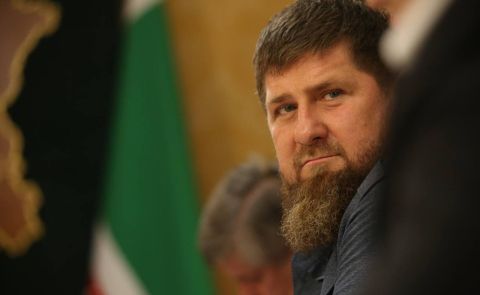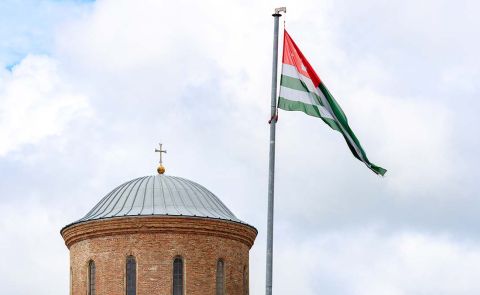
Georgian Dream Blames Opposition for 2008 War 'Crimes'
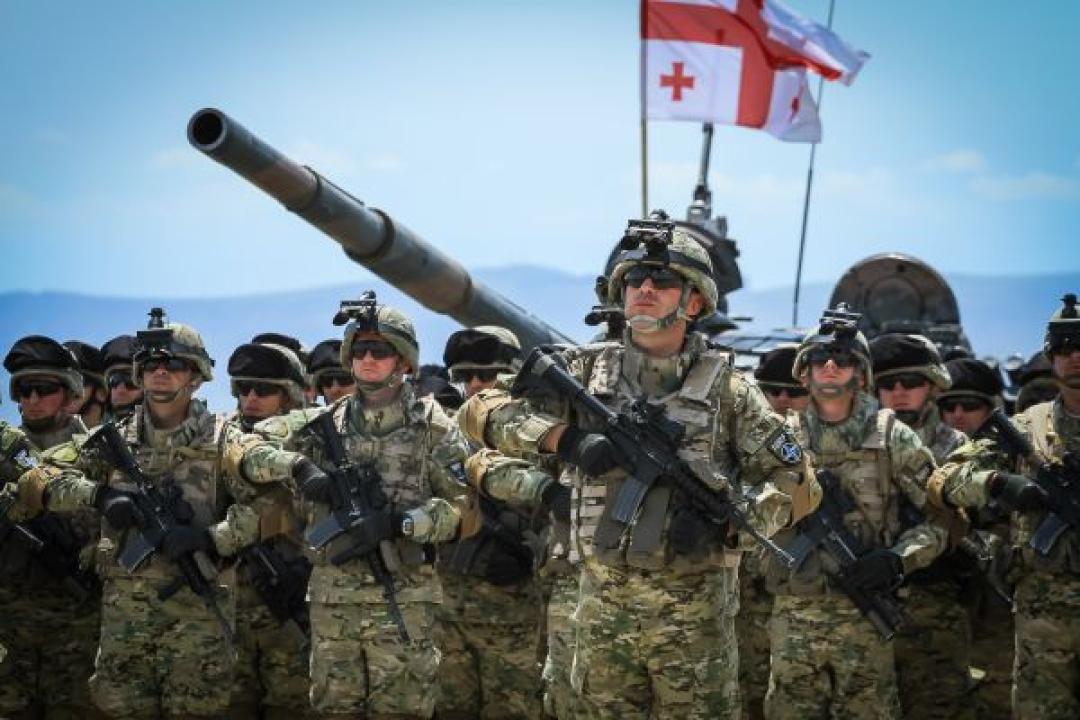
On August 7, marking the anniversary of the Russia-Georgia war in 2008, the Political Council of the ruling Georgian Dream party issued a statement accusing the opposition United National Movement (UNM), which held power during the 2008 invasion, of conducting a 'hypocritical PR campaign' regarding the war and blamed it for 'treacherous crimes' that led to 'the worst consequences.'
The statement criticized the National Movement, stating that until now, they had only hinted at the crimes allegedly committed in 2008 due to ongoing international court cases in Strasbourg and The Hague, which recently concluded in Georgia's favor. The party emphasized that with the end of these cases, the time had come for the public to learn the whole truth and for all facts to receive a comprehensive legal assessment.
The Georgian Dream's statement further accused the National Movement of causing the loss of two historic regions, the deaths of hundreds of soldiers and civilians, and the displacement of 30,000 people as a result of the 2008 war. They condemned the National Movement for attempting to shift the war's commemoration date from August 8 to August 7, accusing the party of trying to obscure its role in the conflict and evade responsibility. The statement also referenced the National Movement’s signing of a resolution by the Council of Europe Parliamentary Assembly on October 2, 2008, which described Georgia’s actions as a 'disproportionate use of force' in the escalation that led to the war, labeling Russia’s military intervention as a 'counter-offensive.' According to the Georgian Dream, this document confirmed the gravest crime committed by the National Movement and put the Georgian army and the country at risk before international courts.
The Georgian Dream also highlighted that among many alleged crimes committed by the National Movement, the events of 2008 were the most serious. The statement underscored the importance of a proper legal assessment of these events for the country's development and long-term peace, promising such an assessment would occur after the elections. The ruling party reiterated its accusation that the National Movement was attempting to drag Georgia into the war in Ukraine, suggesting that this further demonstrated their deliberate provocation in 2008. The party vowed to pursue legal action against the National Movement and hold it accountable for its actions.
On August 8, government officials, members of the executive and legislative bodies, and representatives of the diplomatic corps gathered at the Mukhatgverdi Cemetery of the Brothers-in-Arms to commemorate the 16th anniversary of the August 2008 war.
At the cemetery, Prime Minister Irakli Kobakhidze paid tribute to the fallen heroes, stating that while the war's days were tragic, they also inspired pride due to the military's heroism. He expressed confidence that the territorial integrity of Georgia would be restored peacefully and that the dreams of those who died would be fulfilled. When asked about the controversy surrounding the war's start date, Kobakhidze accused the opposition of "baseless speculations" and reiterated the possibility of investigating the National Movement’s role in the war, as announced on August 7 by the Georgian Dream’s Political Council. He mentioned various legal avenues for this investigation, including appeals to the Prosecutor’s Office, a Parliamentary investigative commission, or the Constitutional Court.
Speaker of Parliament Shalva Papuashvili also visited the cemetery to honor the victims, stressing the importance of political leadership in preventing war. He echoed the Georgian Dream’s criticism of the United National Movement, accusing the party of 'speculating' about the war and calling it 'scatterbrained' and 'treacherous.' Papuashvili asserted that if Georgian Dream had been in power in 2008, the war with Russia would not have occurred. He suggested that if the UNM had been in power during Russia's 2022 invasion of Ukraine, a similar conflict would have ensued. He also criticized the European Union for avoiding the term 'occupation' in reference to Georgia's situation while crediting the Georgian parliament for its efforts to achieve recognition of the occupation.
Notably, sixteen years ago, the Russian Federation launched a full-scale invasion of Georgia. This invasion led to ethnic cleansing in the Tskhinvali region by Russia and its proxies, resulting in over 30,000 internally displaced people who are still unable to return. Concurrently, Russia attacked Georgia from the Black Sea, temporarily occupying the cities of Zugdidi, Senaki, and Poti. In the conflict, Georgia lost 170 Defense Ministry employees, 14 Interior Ministry employees, and 228 civilians, with a total of 2,232 civilians and military personnel wounded.
See Also

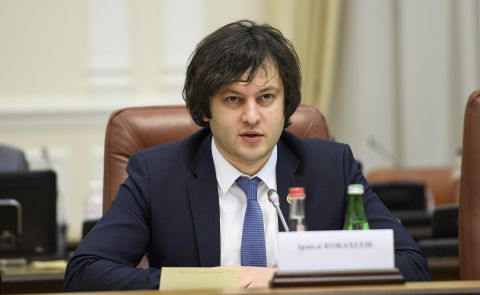
Kobakhidze Announces Full Enforcement of Georgia’s Foreign Agents Law
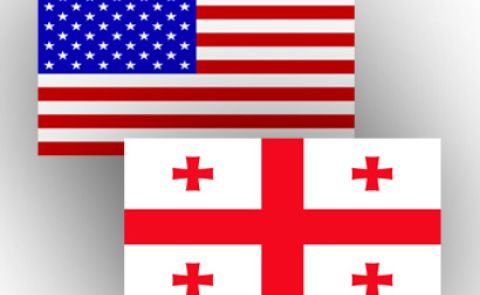
Kobakhidze Meets US Senator Daines to Discuss Bilateral Relations
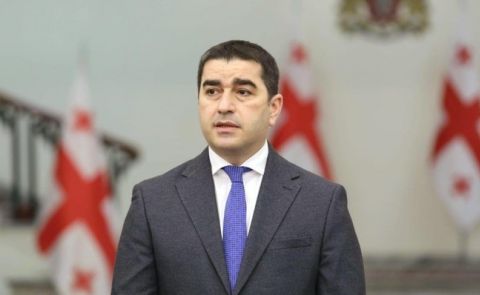
Georgian Speaker Condemns Embassy Travel Warnings as Economic Attack
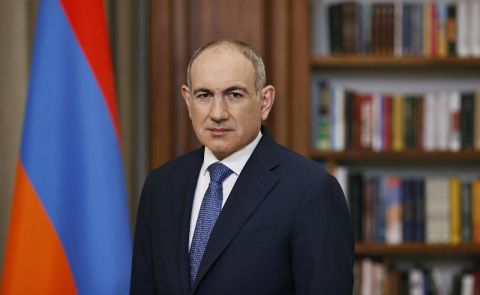
Political Crisis Deepens Between Armenian Government and Apostolic Church After Pashinyan’s Remarks
